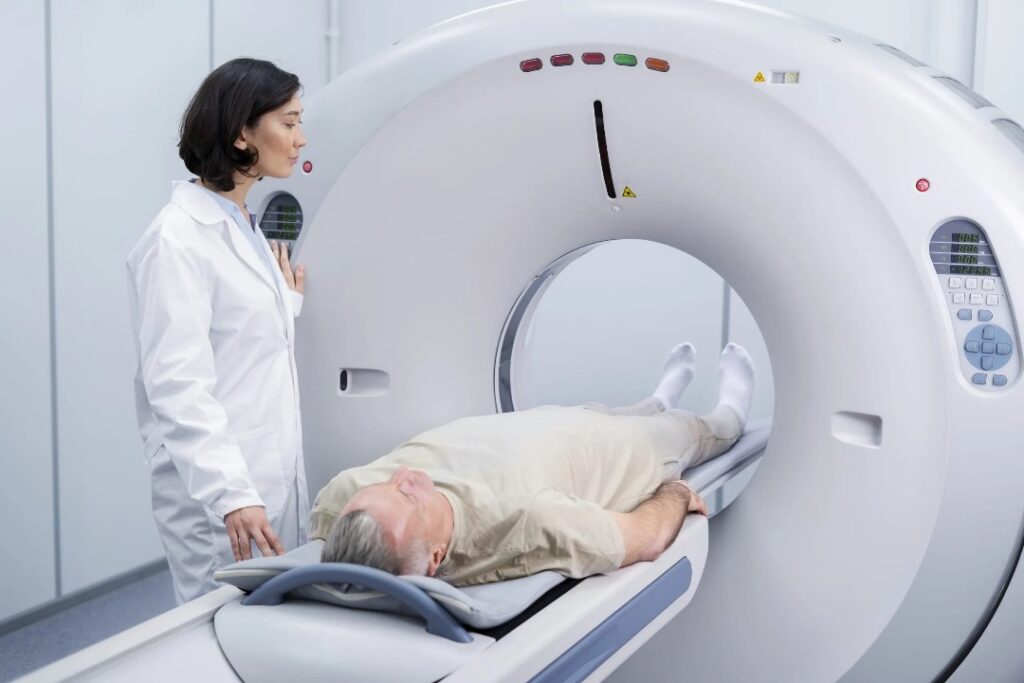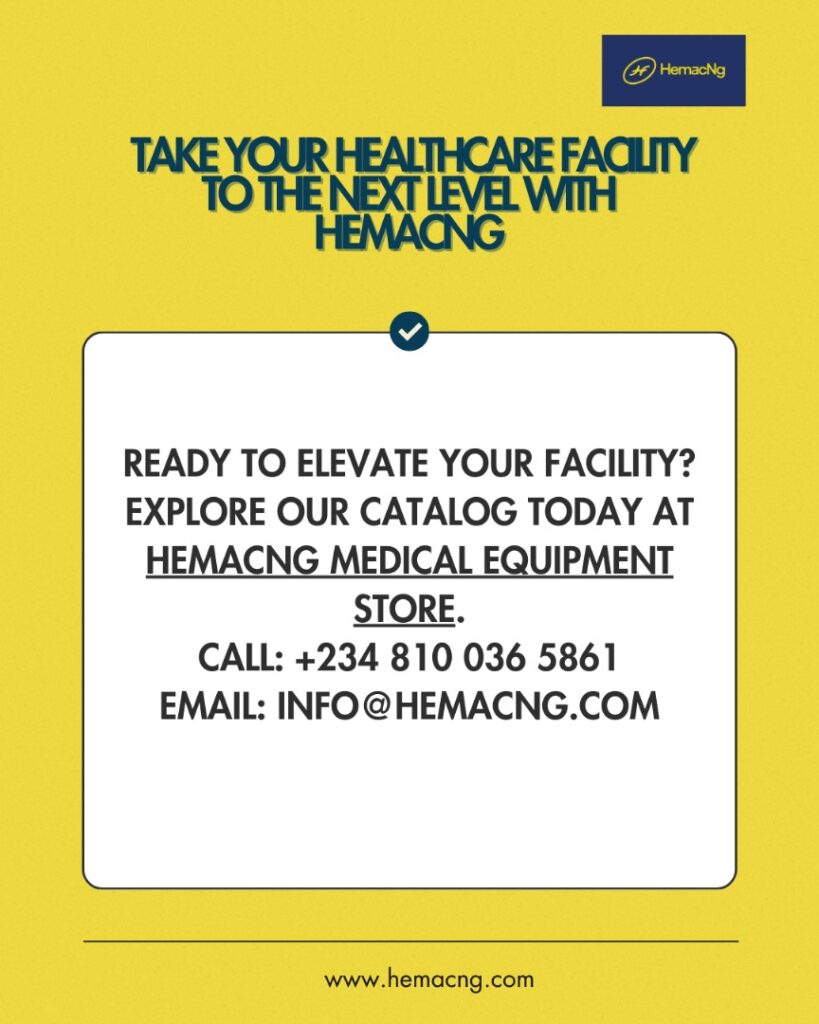Uncategorized
Best Guide on How to Get Started with Medical Device Research as a Doctor in Nigeria

Introduction
The field of medical device research as a doctor is rapidly evolving, offering Nigerian healthcare professionals the opportunity to contribute to medical innovation and improve patient care. However, getting started in this specialized field can seem overwhelming. Where do you begin? What resources are available? How can you make a meaningful impact?
If you’ve ever wondered how to break into medical device research as a doctor, this guide will provide a step-by-step roadmap. From understanding regulatory requirements to collaborating with research institutions, we’ll walk you through everything you need to know to establish yourself in this field.
What is Medical Device Research?
Medical device research involves designing, developing, testing, and improving medical technologies used in patient care. These devices range from diagnostic tools and surgical instruments to wearable health monitors and AI-powered systems. As a doctor, your role in medical device research is vital you understand patient needs, medical procedures, and existing gaps in healthcare.
Nigeria, with its unique healthcare challenges, provides ample opportunities for innovation in medical devices. With proper research and development, locally developed devices can help address specific issues, such as inadequate diagnostic tools or limited access to specialized treatments.
Understanding Medical Device Research
Before diving in, it’s important to grasp what medical device research entails. This field focuses on designing, testing, and improving medical devices to enhance healthcare outcomes. These devices can range from diagnostic tools and surgical instruments to advanced robotic systems. By engaging in research, doctors can influence the development of safe, effective, and innovative medical technologies.

Why Medical Device Research Matters
- Improving patient care – Well-researched medical devices enhance treatment accuracy and efficiency.
- Bridging gaps in healthcare – Research helps develop cost-effective solutions for resource-limited settings like Nigeria.
- Career advancement – Engaging in research boosts your credentials and opens doors to international collaborations.
Steps to Get Started with Medical Device Research as a Doctor
1. Identify Your Area of Interest
The first step in medical device research as a doctor is pinpointing a specific area of interest. Are you passionate about diagnostic tools, surgical instruments, or telemedicine devices? Choosing a niche helps you focus your efforts and become an expert in a particular field.
2. Learn the Regulatory Framework
Understanding the legal and ethical guidelines surrounding medical device research in Nigeria is crucial. The National Agency for Food and Drug Administration and Control (NAFDAC) and the Medical and Dental Council of Nigeria (MDCN) regulate medical devices. Reviewing their policies will ensure compliance with industry standards.
3. Collaborate with Research Institutions
One of the best ways to advance in medical device research as a doctor is to partner with academic and research institutions. Universities, teaching hospitals, and private research centers provide funding, mentorship, and access to cutting-edge technology.
Key institutions to consider:
- Nigerian Institute of Medical Research (NIMR)
- Universities with medical research centers
- Private medical innovation hubs

4. Stay Updated with Research Trends
Keeping up with the latest trends is essential for success in medical device research. Attending conferences, reading journals, and joining medical innovation communities will keep you informed.
Recommended platforms:
- PubMed (for medical research articles)
- Google Scholar (for academic publications)
- MedTech Africa (for industry trends)
5. Apply for Research Grants and Funding
Lack of funding is a major challenge in medical device research, but several organizations provide grants to support innovation. As a doctor, you can apply for funding from:
- The World Health Organization (WHO)
- Bill & Melinda Gates Foundation
- Nigeria’s Tertiary Education Trust Fund (TETFUND)
Having a well-structured research proposal increases your chances of securing funding.
6. Join Professional Networks
Engaging with other researchers and professionals in the field will expand your knowledge and open collaboration opportunities. Consider joining:
- Nigerian Medical Association (NMA)
- Medical Device Society of Nigeria
- African Biomedical Engineering Consortium

7. Publish Your Research Findings
Publishing your work in reputable journals solidifies your credibility as a medical researcher. Journals such as the Nigerian Journal of Clinical Practice and The Lancet Global Health are great platforms to showcase your findings.
Challenges and How to Overcome Them
Common Challenges:
- Limited funding – Seek multiple funding sources and apply for grants.
- Regulatory hurdles – Stay updated with changing policies and consult legal experts.
- Lack of mentorship – Connect with experienced researchers through professional organizations.
Conclusion
Starting in medical device research as a doctor may seem challenging, but with the right approach, you can make significant contributions to medical innovation in Nigeria. By following this guide, staying informed, and building strong professional networks, you can establish yourself in the field and drive meaningful change in healthcare.
Call to Action
Are you ready to take the next step in medical device research? Begin by exploring available research grants, connecting with institutions, and staying informed about industry trends. If you need guidance, reach out to experienced professionals or join medical research communities today!

